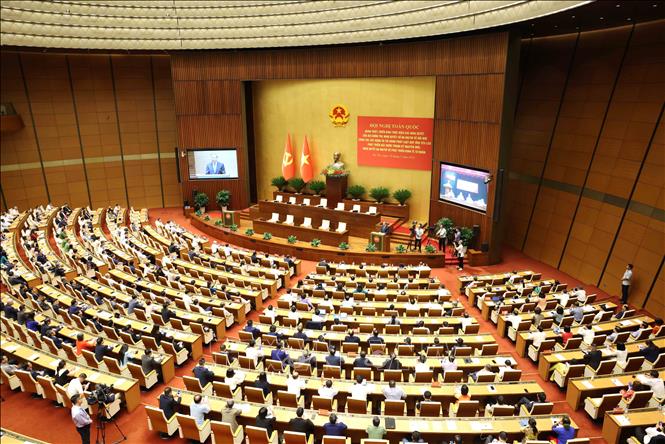
National conference to disseminate and implement Resolution 66-NQ/TW and Resolution 68-NQ/TW of the Politburo . Photo: Phuong Hoa/VNA
According to Resolution No. 68-NQ/TW, the private economic sector currently has more than 940 thousand enterprises and more than 5 million business households in operation, contributing about 50% of GDP, more than 30% of total state budget revenue and employing about 82% of the total labor force in economic growth, creating jobs, being an important force promoting innovation, improving labor productivity, increasing national competitiveness, contributing to hunger eradication, poverty reduction, and stabilizing social life.
In fact, in the specific conditions of Vietnam, the two concepts of “private economy” and “socialist orientation” are not opposed to each other, do not hinder each other, but go together. Moreover, within the socialist-oriented market economy, the private economic sector is firmly affirmed to be “the most important driving force of the national economy”.
The document of the 13th National Congress (2021) of the Party clearly states: Vietnam's socialist-oriented market economy has many forms of ownership and many economic sectors, in which: the state economy plays a leading role; the collective economy and cooperative economy are constantly consolidated and developed; the private economy is an important driving force; the economy with foreign investment capital is increasingly encouraged to develop in accordance with the strategy, planning and socio-economic development plan.
Developing a socialist-oriented market economy has become the core issue of the renovation process initiated at the 6th Party Congress (1986).
Since then, awareness among cadres, party members and people about the socialist-oriented market economy has become increasingly complete; the legal system, mechanisms and policies have been increasingly improved to meet the requirements of successfully building a modern and internationally integrated market economy.
According to the definition of the 13th National Congress document, the socialist-oriented market economy is the general economic model of Vietnam in the transition period to socialism - a market economy that operates fully and synchronously according to the laws of the market economy, under the management of the socialist rule-of-law State, led by the Communist Party of Vietnam ; ensuring socialist orientation for the goal of "rich people, strong country, democracy, fairness, civilization" suitable to each stage of the country's development.
In that economy, the state economic sector is an important tool and material force for the State to maintain macroeconomic stability, orient - regulate - lead and promote economic and social development, and overcome the shortcomings of the market mechanism. This is an important function of the state economy, and at the same time, a characteristic of the Vietnamese economy.
Collective economy, cooperative economy, cooperatives and cooperative groups have the role of providing services to members; linking and coordinating production and business, protecting interests and creating conditions for members to improve productivity, production and business efficiency and sustainable development.
The private economy is an important driving force of the economy and is encouraged to develop in all sectors and fields that are not prohibited by law, especially in the fields of production, business and services, which are supported to become strong, highly competitive private economic companies and corporations.
The foreign-invested economy is an important part of the national economy, playing a major role in mobilizing investment capital, technology, modern management methods, and expanding export markets.
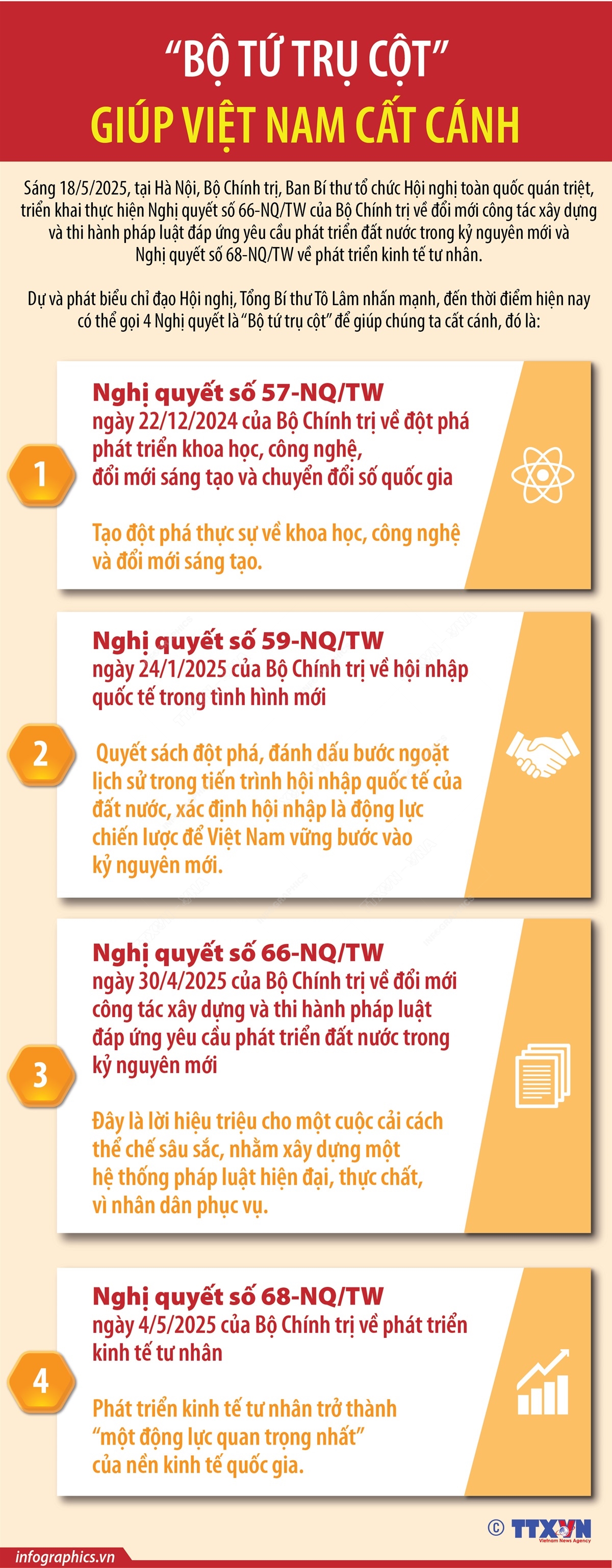
Also from 1986 to present, the Party's viewpoint on private economic development has been gradually completed, and the perception of this economic sector has been increasingly improved.
At the 6th Congress (1986), the multi-sector economy (including the private economy) was officially recognized in Party documents.
The 7th Congress (1991) put forward the view: "The private economy is developed, especially in the production sector, under the management and guidance of the State".
The 8th Congress (1996) continued to affirm: It is necessary to treat all economic sectors equally, while creating favorable economic and legal conditions for private businesses to feel secure in long-term investment.
At the 9th Congress (2001), the Party had a new perspective: "Creating a favorable business environment in terms of policies and laws for the private capitalist economy to develop in the State's priority directions".
The 10th Congress (2006) determined: The state economy plays a leading role. The private economy plays an important role and is one of the driving forces of the economy.
The 11th Party Congress (2011) continued to identify the private economy as one of the driving forces of the economy.
At the 12th Congress (2016) and the 13th Congress (2021), there was a new step forward in the Party's concept, considering the private economy as an important driving force of the economy.
By May 2025, Resolution No. 68-NQ/TW will make even stronger progress when it affirms: The private economy is the most important driving force of the national economy, a pioneering force promoting growth, creating jobs, improving labor productivity, national competitiveness...
The Politburo's guiding viewpoint is to completely eliminate perceptions, thoughts, concepts, and prejudices about Vietnam's private economy; to correctly assess the important role of the private economy in the country's development.
The important solution is to promote reform, improve and enhance the quality of institutions and policies, specifically to innovate the thinking of building and organizing law enforcement to ensure the economy operates according to the socialist-oriented market mechanism, using market tools to regulate the economy; minimize intervention and eliminate administrative barriers, the "ask - give" mechanism, and the "if you can't manage it, ban it" mindset.
According to Resolution No. 68-NQ/TW, people and businesses are free to do business in sectors not prohibited by law. The right to do business can only be restricted for reasons of national defense, national security, social order and safety, social morality, the environment and public health and must be stipulated by law.
Resolution No. 68-NQ/TW sets the target: By 2030, strive to have 2 million enterprises operating in the economy, 20 enterprises operating/1,000 people; have at least 20 large enterprises participating in the global value chain; the average growth rate of the private economy reaches about 10 - 12%/year, contributing about 55 - 58% of GDP, about 35 - 40% of total state budget revenue.
In the immediate future, by 2025, we must complete the review and elimination of unnecessary business conditions, overlapping and inappropriate regulations that hinder the development of private enterprises; reduce at least 30% of administrative procedure processing time, at least 30% of legal compliance costs, at least 30% of business conditions and continue to reduce them strongly in the following years. Strongly implement the provision of public services to enterprises regardless of administrative boundaries.
Time is of the essence. We have only 6 months to achieve our 2025 goals!
Tran Quang Vinh (Vietnam News Agency)
Source: https://baotintuc.vn/thoi-su/bo-tu-tru-cot-de-viet-nam-cat-canh-dong-luc-quan-trong-nhat-cua-nen-kinh-te-20250521104432417.htm



![[Photo] Flooding on the right side of the gate, entrance to Hue Citadel](https://vphoto.vietnam.vn/thumb/1200x675/vietnam/resource/IMAGE/2025/10/28/1761660788143_ndo_br_gen-h-z7165069467254-74c71c36d0cb396744b678cec80552f0-2-jpg.webp)
![[Photo] Draft documents of the 14th Party Congress reach people at the Commune Cultural Post Offices](https://vphoto.vietnam.vn/thumb/1200x675/vietnam/resource/IMAGE/2025/10/28/1761642182616_du-thao-tai-tinh-hung-yen-4070-5235-jpg.webp)

![[Photo] National Assembly Chairman Tran Thanh Man received a delegation of the Social Democratic Party of Germany](https://vphoto.vietnam.vn/thumb/1200x675/vietnam/resource/IMAGE/2025/10/28/1761652150406_ndo_br_cover-3345-jpg.webp)




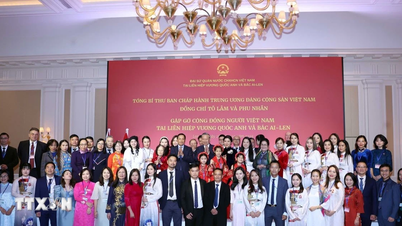

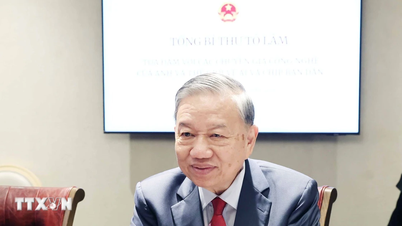


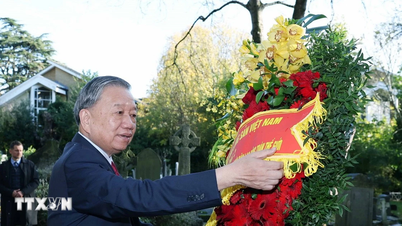














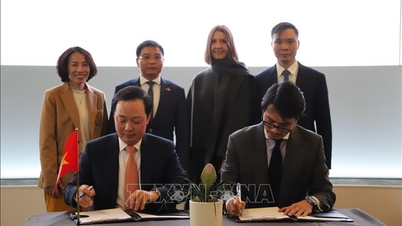
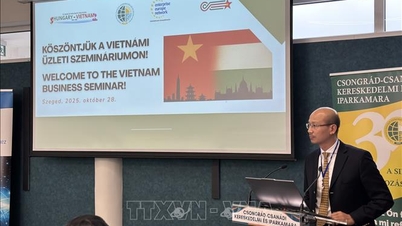

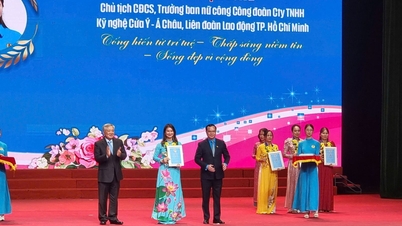
![[Photo] President Luong Cuong attends the 80th Anniversary of the Traditional Day of the Armed Forces of Military Region 3](https://vphoto.vietnam.vn/thumb/1200x675/vietnam/resource/IMAGE/2025/10/28/1761635584312_ndo_br_1-jpg.webp)

































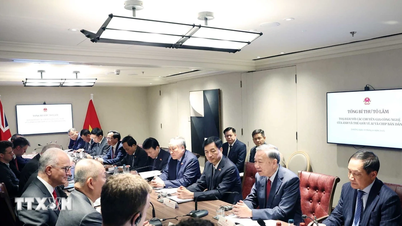

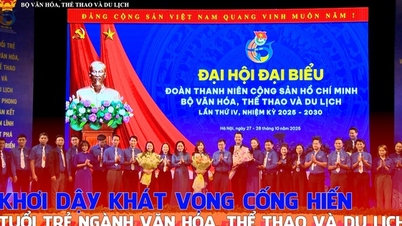



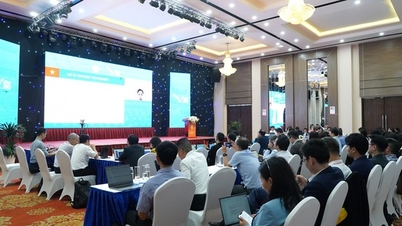


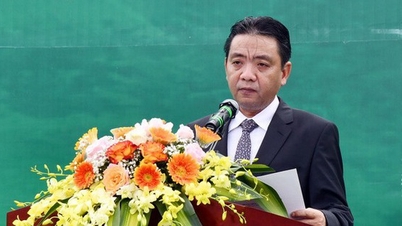
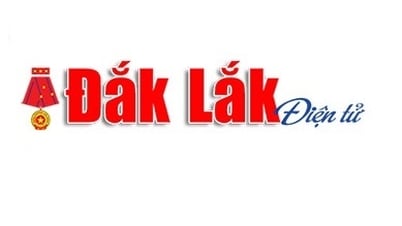


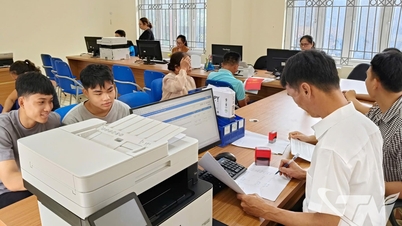






















Comment (0)